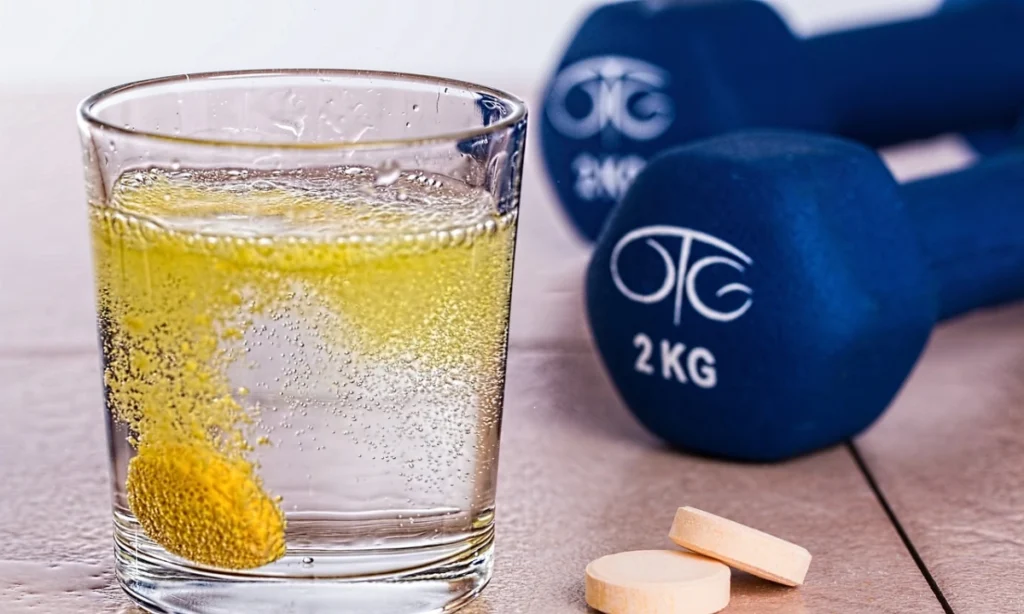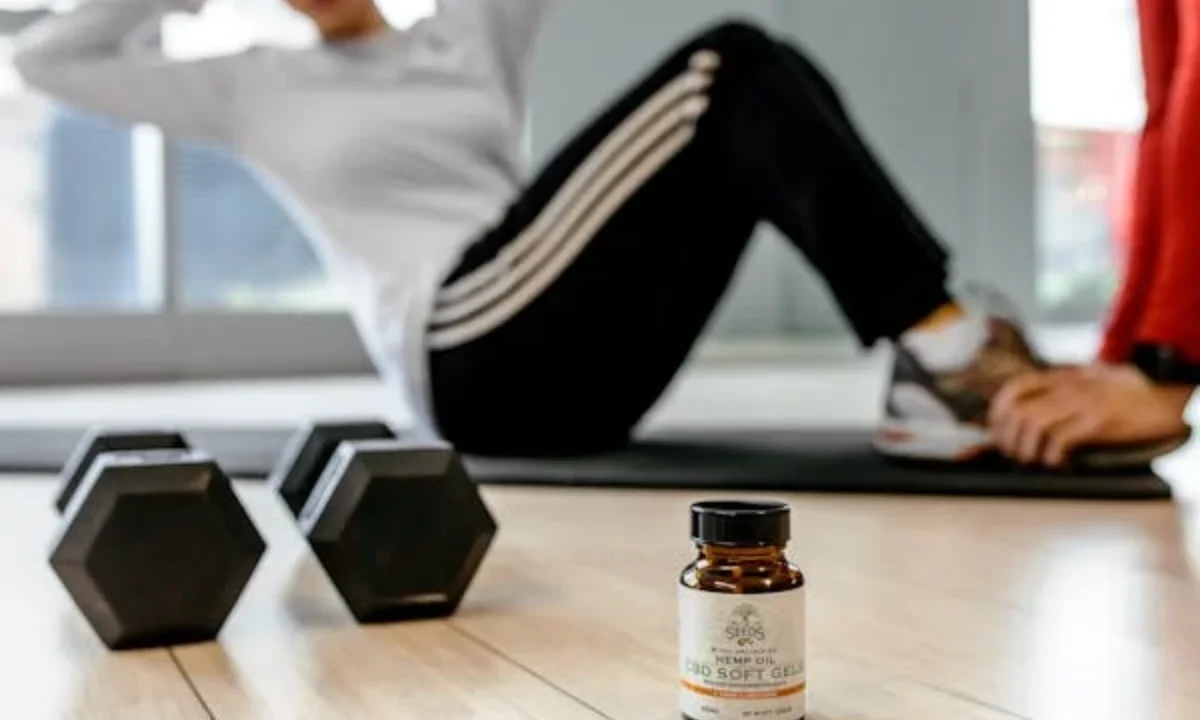“Are workout supplements worth it? Discover 4 hidden facts that reveal the truth about their effectiveness and value for your fitness goals.”
Introduction
The usability of workout supplements is one of the many controversies that popular workout individuals as well as nutritionists have continually discussed. Some supplements do improve your performance and help build muscles. However, one’s requirements vary greatly depending on diet and workout regimen.
Are workout supplements worth it?

For most people, workout supplements are not necessary, and a healthy diet can provide enough nutrients to fuel exercise. But depending on your fitness goals and activity level, certain supplements like creatine or caffeine may offer a slight performance edge. It’s crucial to consult a doctor before taking supplements due to potential interactions with medications or health conditions. Always prioritize a balanced diet and proper training over relying solely on supplements.
Facts on Workout Supplements
Not Always Necessary
Most of the analysts’ opinion is that proper nutrition can be enough to meet all the requirements necessary for efficient training and maximal recuperation. Protein supplements are popular dietary aids for getting fit, but they are not a substitute for actual meals. Ethacrynic acid is usually recommended for patients who do not respond to other kinds of diuretics or those with low-sodium diets and kidney problems. However, few people taking this drug have normal renal functions.
- How to Cancel My Planet Fitness Membership in 2025
- How many calories should I eat to lose weight?
- How many mental health professionals are in the US?
- Skin Care During Winter: 7 Essential Tips to Keep Your Skin Healthy
- How did Elon Musk lose weight so fast? 5 Secrets – You Won’t Believe What He Did!
- How Does Weight Loss Affect Your Face? 6 Unexpected Effects
- Does Baking Soda Kill Dandruff? 5 Proven Methods Explained
- Which Yoga Is Best for Beginners? 6 Easy Poses to Start With
- Are Exercise Bikes Bad for Your Knees? Experts Reveal 3 Insights
- Are Workout Apps Worth It? 5 Unexpected Benefits Revealed
- Can You Repair Hair Follicles? Discover the 5 Best Treatments
- How many yoga studios in the US? Shocking Fact – 42,000+ Studios
- Does oily skin age slower? 3 Shocking Signs
- How Dry Skin Can Be Cured? 4 Proven Ways
- Why do I have oily skin all of sudden? 9 Unexpected Causes
Effective Supplements
Certain supplements are effective when used appropriately:

Creatine monohydrate is perhaps the most well-studied supplement for enhancing strength, power, and muscle mass. The dosage guideline for dietary supplements is approximately three to five grams every day.
Whey protein is good for muscle repair after exercise. It is recommended one should take at least 20 grams.
Beta-alanine can assist hours coaches with fatigue during strenuous training; suggested amounts include 4 to 6 grams.
L-Citrulline improves circulation and aids muscle recovery; the ranges are as high as 10g before workouts.
Caffeine is popular for increasing alertness and energy, which varies from 200 milligrams, usually taken a pull before undertaking any strenuous activities.

Safety and regulation
The FDA does not approve workout supplements for their safety or efficacy before they are released into the market. Since the FDA does not monitor the products, some may contain contaminants, and the labels may be inaccurate. Therefore, one must ensure that they use supplements from companies that employ third-party laboratories.
Potential Side Effects
In addition, though many supplements are beneficial. They may cause some side effects or have an effect on the medications that one is using. For instance, caffeine should not be taken or taken in moderation by people with hypertension or pregnant women. One should always consult a healthcare provider before beginning any supplement.
Conclusion
Altogether, workout supplements can be useful for a certain person, more so if someone is involved in rigorous training or in case of failure to obtain essential nutrients from food intake. However, these supplements might be of little need to many people, especially new entrants or those with average, balanced dietary intakes. When it comes to supplements, one should focus on fundamental foods and consult a healthcare provider to get advice.
Do workout supplements really work?
Supplements such as creatine and protein are popular for muscle building and performance boosts, and many other supplements remain unproven, and their benefits depend on one’s purpose of intake.
Do you really need gym supplements?
If you have your nutritional requirement fulfilled through your diet, then you do not necessarily require supplements. They can perhaps supplement personalized dieting or act as a staple for a high-intensity workout session, but they are not for everyone.
Is it better to take supplements or not?
This will depend on your diet plan, your fitness regime, and the intensity of your exercises. A whole food option should be scoped. However, supplements offer an occasional or, in inadequate situations and helpful option.

